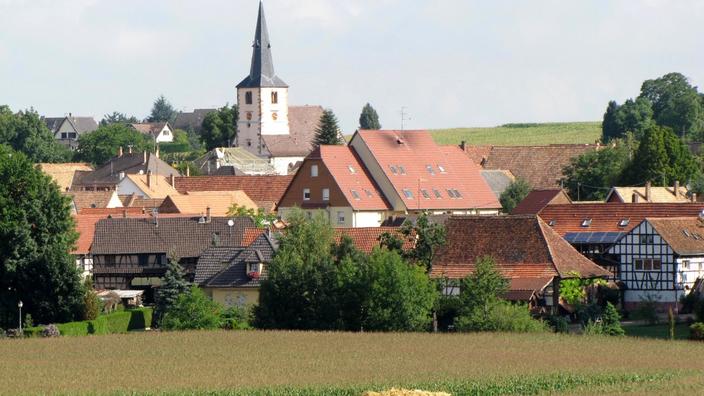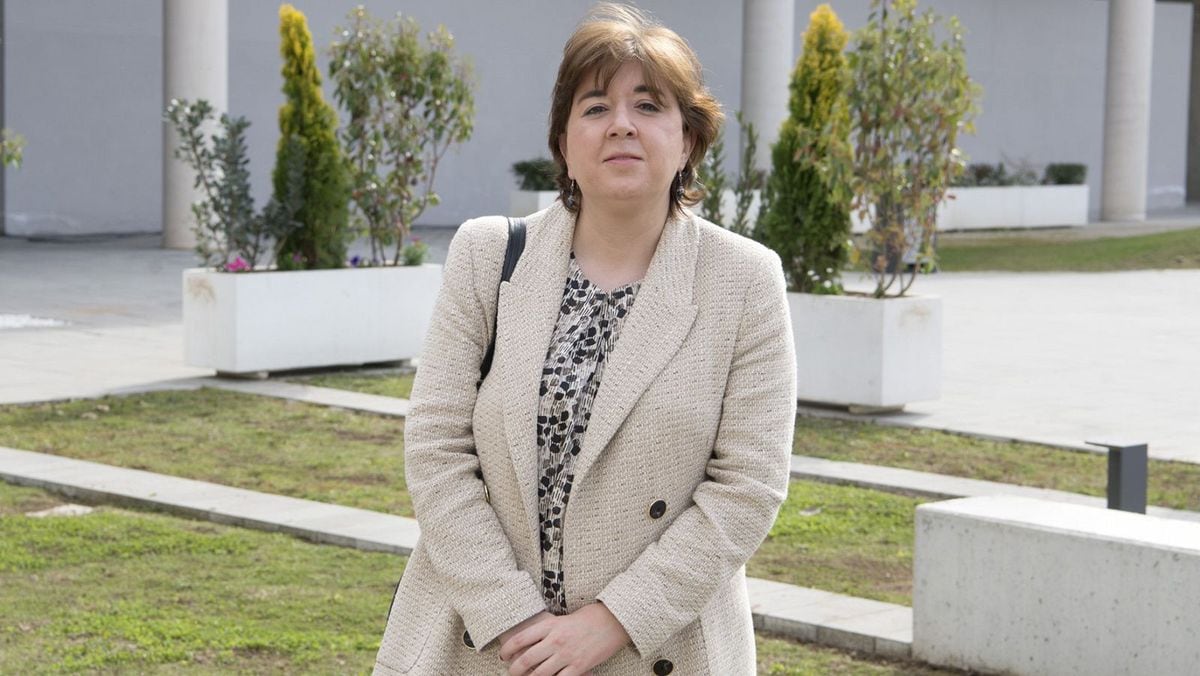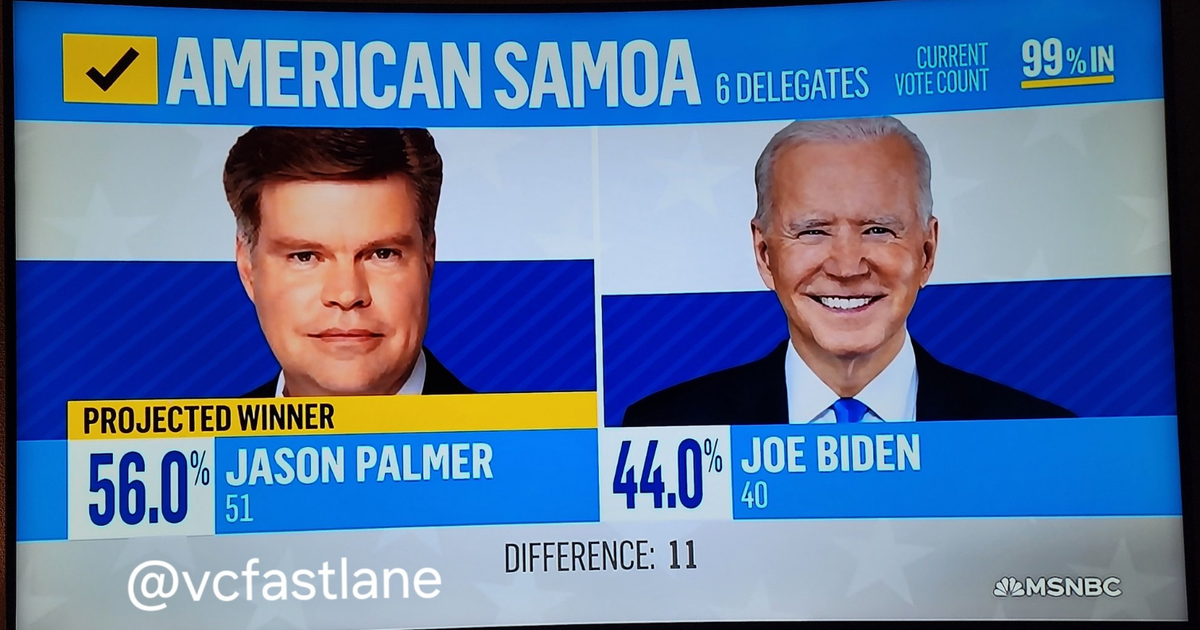Anthony Cortes is a journalist at Marianne. He published
Le Réveil de la France oubliée
(Le Rocher, 2021).
To discover
Michel Houellebecq: "A civilization which legalizes euthanasia loses all rights to respect"
FIGAROVOX. - Your book is entitled
"
The awakening of forgotten France";
are rural territories the new “
lost territories of the Republic
”?
Anthony CORTES. -
Rurality has become a lost territory over time. From the driving force of the whole of France, particularly from the Second Empire onwards, driven by agriculture, it has become its ball. Not that she is no longer capable of anything, quite the contrary, but certain conditions have been created to make her a dead zone, a sleeping beauty. For example by investing primarily in large urban centers, hoping that the surrounding areas will benefit from it through runoff. But also by opening the agricultural market to infinity to finally dispossess these lands of all their assets ...
Today we are counting the dead. Life has evaporated: businesses have closed, public services have become scarce and young people can only flee to hope for a better tomorrow. When we take a look at the various indicators, the situation is particularly alarming. In all rural areas, according to data from the General Inspectorate of Social Affairs (IGAS), the poverty rate exceeds 19% in a third of rural departments, while it stabilizes at 11% in urban areas. . Rurality has become a swamp when the city but also the suburbs are springboards. Even if it is the last space which is today shown as a lost territory by the media, designated as the symbol of all the French miseries. He is not'It is obviously not about making a hierarchy between the miseries. But, during this time, rurality as its actors and their sufferings are eclipsed, which makes of it an invisible territory and therefore forgotten.
The “isolated municipalities outside the influence of the poles” have a poverty rate of 18.2%, against 8.8% in the suburbs, according to INSEE. Has the state abandoned these territories?
The State has tried to play a role for these territories and some of its attempts to revitalize these spaces must be welcomed even if success has not always been achieved. I am thinking of the various allocations for equipping rural areas, the Maisons France Service, or the multiple aid for setting up in rural areas ... Recently, an effort has also been made to improve the 4G coverage of these areas and thus reduce the number. white areas. Simply, the action of the State lacks coherence, of overall vision. There is no revival plan for rural areas or even any particular ambition to put rurality again at the center of the game. However, rurality could be one of the keys to meeting the challenges of our time.From climate issues to those concerning our food sovereignty.
The momentum of the yellow vests movement has made many people aware of a certain capacity for action.
His as well as that of his community of interests, of his class.
Anthony Cortes
The other problem, beyond the inconsistency, is the obsession with the economy.
The victims of the planer blows are always the same: the rural people.
The various reforms of public action, from the General Review of Public Policies (RGPP) to the Modernization of Public Action (MAP) in 2007 and 2012, are a perfect illustration of this.
Because they all have one thing in common: the reduction of public employment in rural areas.
This is not without consequences: it leads to job losses, service closures, a deterioration in living conditions… All this therefore at the initiative of the State.
More than an oversight, it is a contempt, an insult.
Did the yellow vests movement participate in the “awakening” that you describe?
The Yellow Vests movement has been a truly constructive movement despite what we can hear on some platforms. Of course, this movement caused some chaos in the big cities. And the immense ideological disorder that we have seen at times, between the fight against capitalism and identity drifts, very far from the very concrete ideals of the start, did not help the deplorable image that it was able to convey. . But I prefer to focus on the goal really pursued by these demonstrators: the quest for a newfound dignity led by ordinary people, most often from peripheral France and one of its components: rurality. We were able to observe a particular strength of character of these modest French people or far from places of power.They showed that they still exist. First on the roundabouts, where a new sociability and solidarity have been observed, then in the popular assemblies, where a real political reflection was carried out, and finally in the main avenues, even if it was by violence.
Seeing this reaction of the like awakened the spirits in these spaces, I could see it.
It has often been reported to me with a certain gleam in my eyes.
These are testimonies that I report in this book.
This momentum has made many people aware of a certain capacity for action.
His as that of his community of interests, of his class (the new “
atomized majority
” described by Emmanuel Todd, bringing together farmers, all of the intermediate professions, craftsmen, employees, the upper strata of the working class world, or even small traders).
The virtual cannot, alone, solidify a true community of interests.
But it has the merit of having become a crossroads between these populations.
Anthony Cortes
Moreover, in its wake, municipalism has taken on another dimension. Heaps of lists claiming to be part of this political project, omnipresent in the popular assemblies of the yellow vests, aimed at making the municipality the central level of political life through the commitment of citizens who came from it, have emerged from the ground. the occasion of the municipal elections of 2020. In total, there were more than 300 when they were only a handful in 2014… The democratic awakening is obvious. And this is in large part thanks to the movement of yellow vests. Even if the Parisian commentators prefer to speak only of the hardness of this movement, its alleged sterility, the brutality of its modes of action and its speeches. As if to send back to silence this France which untilhere was relegated to his discreet work ... Jules Michelet already had the right words in his time: "
Rough jobs make men rough and words rough.
The voice of the common man is harsh;
the bourgeois concludes that his customs are violent
”.
But behind the mud, there is gold which is revealed little by little.
Social networks are the “new village square”, you write. Does digital technology make it possible to recreate links between the inhabitants of these isolated territories?
Digital should not become the one and only way to create links. The virtual cannot, alone, solidify a true community of interests. But it has the merit of having become a crossroads between these populations. Particularly in times of Covid. Without being able to cross paths in squares, markets or bistros, which are more and more rare in these territories and which should be even more so after this health crisis, we find ourselves on the networks social, on Facebook in particular, on groups dedicated to local life. It may seem trivial, but these closed groups promote new cooperation and solidarity. And create energy that benefits everyone. We help each other in case of difficulties, we highlight our services,traders organize their direct sales there… Above all, we debate, we talk about politics. We come back to the idea of a democratic leap.
As we remember, the yellow vests movement first found its impetus through social networks and these famous spaces, some of which still bring together hundreds of thousands of people. We organized actions there but we also exchanged on substantive issues. It's the same operation here: we are talking about the closure of the local treasury, job cuts in the local company, security problems ... And we find solutions together, by ourselves and for ourselves, before sending them back to the elect. Moreover, very often, elected officials are themselves members, to keep an eye on local opinion, or even to put in place the conditions for a participatory local democracy. I give, on this point,some examples of municipalities which organize videoconferences via this group on very specific subjects in order to move forward together.
The health crisis has accelerated the urban exodus, is this good news for the countryside?
Seeing urbanites sweeping through the countryside can be good news depending on the intentions behind them.
Do they come simply to help themselves, to enjoy a particular living environment while keeping a distance from village life and therefore from the community of inhabitants?
Or do they come to take part in a revival, in a start, without behaving like conquerors, but by being animated by a kind of militant and collective commitment for a way of life, values and a culture quite different from what you can find in town?
When you leave the city, you have to give up the idea of being a free electron.
In the villages, especially when we want to prolong their life, we have to take the costume of a link in a chain that goes beyond our mere existence.
Anthony Cortes
Of course, the neo-murals suffer from a very bad reputation in the villages, whatever the territory crossed, but it is impossible to imagine a surge in our countryside without new actors, without surplus energy. This energy which is so lacking today in these territories. Preserving our villages from urbanites in search of a new life is heading towards certain death. It is also up to the municipalities to create bridges between these two “camps”. "
We must instill in all men the feeling of mutual esteem
", as Emile Guillaumin already said in 1931.
For this, it is also, and simply, necessary that neo-rural urbanites seek to integrate and commit to the basin they espouse, rather than simply seeking their interest or applying the codes of the city, including in especially individualism king.
When you leave the city, you have to give up the idea of being a free electron.
In the villages, especially when we want to prolong their life, we have to take the costume of a link in a chain that goes beyond our mere existence.
Despite the concentration of economic activity around urban poles, do you think there is a viable future for rural areas?
Of course, despite the gloomy picture of statistical indicators and the museum-like appearance of a past France when you go there, there are a number of reasons for hope. First and foremost, there is a real attachment of the population to the countryside, to their land. It is the breeding ground for hope and hope can do anything. I think of the final scene of the
Wild Boys
by Bertrand Mandico: "
Hope is a joy almost equal to joy
". We must believe in it, persevere, even if we are thought to be enlightened. It is the only fuel that these spaces can afford at the moment. And it's up to the youngest to embark on this odyssey which will bring these territories to reinvent themselves.
All the more so as various studies attest: more than 80% of rural youth say they want to stay there. This is where they want to live, in the countryside, not elsewhere. And when they go to the city, it is most often through a choice made… We must therefore build renewal from them, from this hope. From these rural young people who have real skills, mostly professionally qualified to fit into the industrial, agricultural or tertiary sectors ... Sectors unfortunately damaged in these spaces, today, but which can be reborn through local and collective initiatives whose first shoots I report in this book (creation of fixed or itinerant businesses, renewed agricultural activities from the short circuit, resumption of services, creations ofcompanies focused on ecology…). Simply, the State must also play its role, support this will to live. Only these territories are condemned to a last stand.



/cloudfront-eu-central-1.images.arcpublishing.com/prisa/E2EZVIKBGZFFDNOPKYHH3XGITI.jpg)



/cloudfront-eu-central-1.images.arcpublishing.com/prisa/DXFPLFBJPRDFBOOW5OWCTCNHJU.jpg)

